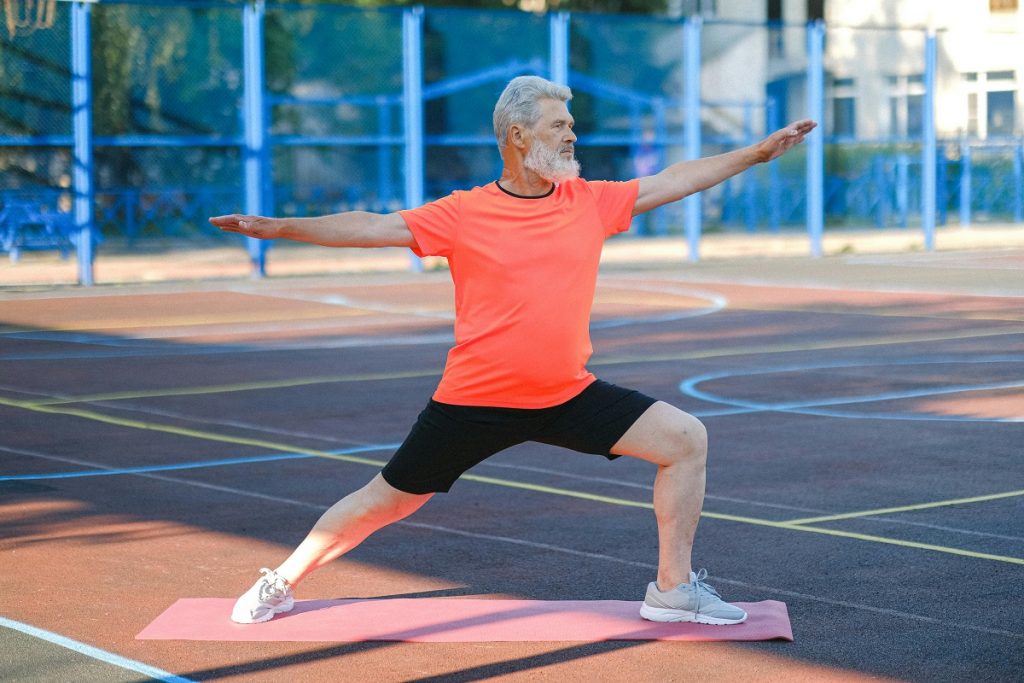
- Supporting seniors in maintaining their independence is crucial for their quality of life.
- Home modifications can create a safe living space to prevent accidents and falls.
- Legal and financial planning is essential for securing resources and future care needs.
- Professional help, technology, physical activities, social engagement, and planning are critical factors in promoting continued independence for seniors.
As we age, the desire to maintain independence becomes a priority, not only for our physical well-being but for our emotional health, too. The golden years bring with them the opportunity to enjoy life differently, and sustaining independence is critical to making the most of this stage. This focus is beneficial for aging individuals and their families, as it promotes a healthier, longer, and happier life span.
The Importance of Independence for Seniors

Independence for seniors is more than a luxury; it’s a vital aspect of aging that affects overall quality of life. Living independently can bolster self-esteem, foster a sense of purpose, and encourage a more active lifestyle. It allows seniors to control their daily activities and decisions, enhancing their emotional well-being and contributing to a longer health span. However, this autonomy doesn’t mean going it alone—it means having the proper support and adaptations to enable a fulfilling, independent lifestyle.
Moreover, maintaining independence can also reduce the risk of depression and isolation in seniors. By staying active, engaging in hobbies and interests, and having a sense of purpose, seniors are less likely to feel lonely or disconnected from their community. Independence also allows for more significant social interaction, improving mental health and overall well-being.
Tips for an Independent Senior Lifestyle
The good news is that there are many ways to maintain independence as we age. Here are a few tips:
Seek Professional Help
Professional home health care services can play a significant role in helping seniors safely maintain their independence at home. These services offer assistance ranging from medical care and help with daily activities to companionship, ensuring seniors receive the care they need while living independently. Home health care providers are also invaluable in offering families advice on how to best support their aging loved ones.
Aside from home health care, seniors can also seek professional help managing their finances, transportation, and legal matters. By taking care of these areas, seniors can focus on enjoying their independence without worrying about the complexities of daily tasks.
Leverage Adaptive Technologies
Technology can significantly enhance seniors’ ability to live independently. From personal emergency response systems that can call for help at the click of a button to smart home devices that make everyday tasks easier, technology empowers seniors like never before.
Medication management tools are also crucial for those with complex medication routines, helping to prevent errors and promote health. Being open to learning and embracing new technologies can help seniors maintain their independence while staying connected with loved ones and the world around them.
Stay Physically Active

Physical activity is a cornerstone of maintaining health and independence in later years. Exercises tailored to seniors’ abilities, such as walking, yoga, or water aerobics, can improve mobility, balance, and strength, reducing the risk of falls and other injuries. Engaging in regular physical activity also supports mental health, promoting overall well-being.
Engage in Social Activities
An active social life is vital for mental and emotional health, offering a sense of community and belonging. Seniors should be encouraged to engage in social activities through local community centers, interest groups, or volunteering. These interactions can help fight loneliness and keep their minds sharp, contributing to a more enjoyable independent living experience.
For example, seniors can join book clubs, take classes, or participate in group exercise programs. These activities not only provide social interaction but also offer opportunities for continued learning and personal growth.
Make Home Modifications
Creating a safe living space is crucial for seniors wishing to maintain their independence. Simple home modifications, like installing grab bars in the bathroom, adding ramps instead of stairs, or improving lighting, can significantly prevent falls and accidents at home. These changes help create a supportive environment that adapts to their changing needs.
Planning for Continued Independence
Ensuring continued independence requires thoughtful planning. Legal and financial planning is particularly important, helping to secure the resources needed for future care and support. Additionally, seniors and their families should consider long-term care options and make plans that reflect their wishes and needs, allowing for peace of mind about the future.
The Bottom Line
Supporting seniors in maintaining their independence as they age is crucial for their quality of life. Seniors can enjoy a fulfilling and independent lifestyle with the right professional help, technology, physical activities, social engagement, and home modifications. Planning ahead for future needs is also essential for continued autonomy. By exploring and implementing the tips and supports discussed, families and caregivers can significantly contribute to the well-being and happiness of their senior loved ones, ensuring they make the most of their later years.




